On October 23, 2018, the National Hispanic Media Coalition (NHMC) filed reply comments in response to the Federal Communications Commission’s (FCC or Commission) Notice of Proposed Rulemaking (NPRM) to revise children’s programming rules. NHMC urged the Commission to press pause on this proceeding, collect the requisite data, and conduct the analysis required under the Administrative Procedure Act to support any proposals for deregulation. Neither the NPRM nor the comments filed in the record meaningfully evaluate the unintended effects of deregulation. Further study would help ensure that already underserved and disadvantaged minority, low-income, and rural children are not deprived of widely accessible educational and informational (E/I) programming.
Unquestionably, children low-income households without paid-television alternatives and those without access to broadband platforms lack adequate representation in this proceeding. Many still rely heavily on free educational programming to learn, however, the Commission did not evaluate how the current proposals will impact on children who may not be able to access costly alternatives in the new media landscape. Further, if the current programming standards and reporting requirements are dismantled, as proposed, quality educational content will eventually disappear from our public airwaves.
The NPRM is laced with conclusions, many of which are neither supported by the FCC nor the record. Under the current proposals:
- It would no longer necessary to require more than three hours per week of E/I programming, yet no substantive data has been provided in the record to analyze the impact of this change;
- Non-broadcast sources provide ample E/I programming, however, the record overlooks the hundreds of thousands of children who reside in households without access to paid-television or broadband alternatives;
- Three hours of core programming need not be available on a station’s primary channel. To date, there has been no attempt in the record to quantify the impact of this change;
- Children’s E/I programming need not be regularly scheduled to count toward the guidelines. Nothing in the record explains how parents and children will be able to find programming that is not regularly scheduled;
- Programming no longer needs to be full length (30 minutes) to qualify as core programming. Noticeably, no credible scientific research is provided to support the new conclusion or debunk the expert analysis in the 1996 Order;
- Public broadcasters should be able to eliminate the requirement to display the E/I icon on programs designed to educate children, providing broadcasters with new opportunities to profit from the public airwaves without any additional benefit to the children who rely on their programming; and
- The quarterly children’s television reports and Form 398 serve no useful purpose even though no conclusive evidence is cited by commenters and these reports are vital tools to hold broadcasters accountable.
Click here to review the filing.
